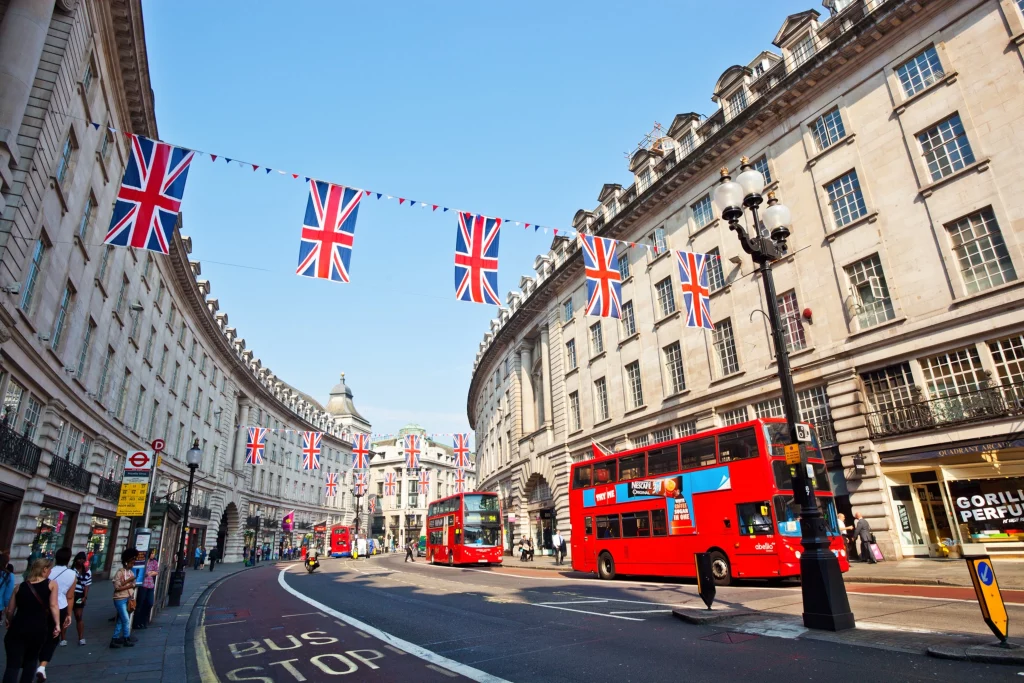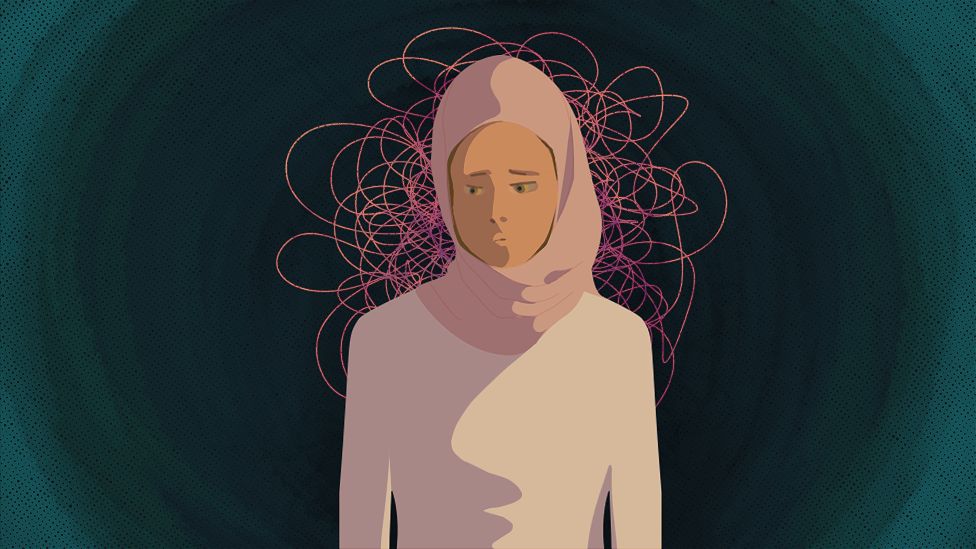The main purpose of the International Day for the Elimination of Violence Against Women is to draw the world’s attention to the widespread discrimination against many women around the world, but in the meantime, violence against Muslim women in the West has been completely forgotten.
While Western countries claim to support women’s rights and dedicate November 25th every year to detailed speeches in this regard, no attention is paid to the missing link that exists here, which is the protection of Muslim women’s rights.
The main purpose of the International Day for the Elimination of Violence Against Women is to draw the world’s attention to the widespread discrimination against all women around the world, but in the meantime, violence against Muslim women in Western countries has been completely forgotten.
The impact of Islamophobia on Muslim women in terms of employment and hate crimes in many countries, including America, Belgium, Denmark, France, Germany, Italy, the Netherlands, Sweden, and the United Kingdom, is quite evident.
Many reports have been published that confirm these are discriminations, but it seems strange why there is no mention of these facts on the International Day for the Elimination of Violence Against Women .
In the labor market of Western countries, Muslim women are subject to three types of punishments: gender punishments, ethnic punishments and religious punishments; these discriminations are related to the perceptions of them being Muslim and because of their speial clothing.
In most countries, Muslim women are the main targets of Islamophobic crimes, hate speech and violence, especially if they wear headscarves.
For example, in Netherlands and France, more than 90% and 80% of the victims of Islamophobic incidents reported in 2015 and 2014, were Muslim women, most of whom wore Islamic clothing.
We have examined this situation in several countries and you can read the results as follows:
France:

In 2010, France enacted a law banning face coverings and burqas for Muslim women in public places. Before that, in a law approved in 2004, Muslim women were prohibited from wearing headscarves in schools and other public areas.
The increased focus on Muslim women’s clothing has led to an increase in hate crimes in France. In 2013, a 21-year-old Muslim woman who happened to be pragnant, was attacked by two men for wearing a hijab in Paris and as a result had an abortion.
Furthermore in 2015, another 29-year-old veiled woman was attacked and lost her unborn baby.
These discriminations against Muslims, especially Muslim women, are also quite tangible and evident in the French political environment.
In 2016, Laurence Roussiniol, the former Minister of Women’s Rights of France, compared Muslim women who consider hijab as their covering and wear headscarves to “pro-slavery people”.
These statements were condemned by many opponents of Islamophobia for using the word slavery to tarnish the face of Muslims, including veiled women.
The group against Islamophobia in France published a report while condemning these statements and emphasized that France has reached a new level in terms of racism, also that Muslim women are victims of Islamophobia and racism in 75% of crime cases in this country.
England:

When British Prime Minister Boris Johnson compared veiled Muslim women to mailboxes in 2018, attacks on Muslim women increased by 375 percent.
At the time, Johnson refused to apologize for his insulting and racist remarks, which caused violence against Muslim women in the country to increase sharply.
The statistics presented after this incident showed that political rhetoric is very important and can have negative consequences for Muslim women.
A report by a British charity shows that Muslim women suffer the most anti-Muslim attacks because of their clothing, and most of the perpetrators of these crimes are men.
Britain’s ruling Conservative Party has also been accused of turning a blind eye to anti-Muslim sentiment within its own party.
Belgium:

According to the report published by the “Islamophobia Monitoring Center in Belgium” in 2020, Muslim women constitute 90.6% of the victims of Islamophobia in this country.
The Islamophobia Monitoring Center in Belgium received 108 cases of Islamophobia this year, 96 of which led to the filing of cases in this regard.
In fact, according to this report, 90.6% of the victims of Islamophobia in Belgium in 2020 were women and 9.4% were men.
In almost 90% of the reported cases, the actions of the perpetrators were against the laws and regulations.
The Center for Monitoring Islamophobia in Belgium seeks to raise awareness in the media and among political leaders to combat Islamophobia.
Canada:

Last December, a veiled black mother and daughter were attacked in their car outside an Edmonton mall in a racially motivated hate crime, just one example of hate-fueled incidents against Muslim women in Canada that no No one pays attention to them.
Since then, such violence has increased significantly, and in the past year, Muslim women across Alberta have been assaulted, threatened, and harassed.
Although gender-based violence has received much national attention in Canada, a silent epidemic of abuse has yet to be addressed, and that is violence against Black Muslim women.
It should be noted that most of the female victims, i.e. at least 10 of the 14 reported attacks, were black and Muslim women were wearing hijab.
Statistics released last year reported a 92 percent increase in hate crimes against the Black Muslim population in Canada.
Also, according to the United Nations, hatred against Muslims has become an epidemic globally, and yet no one is talking about it or doing anything about it.
Understanding this level of violence requires addressing years of neglect and ignorance of anti-Black Islamophobia by vested interests.
The media, governments, and feminist organizations that claim to support gender-based violence have yet to recognize that hate crimes against black Muslim women are gender-based violence and something needs to be done about it.
Holland, Spain and Germany:
Muslim women who attach veiled photos to their resumes when applying for a job in the Netherlands are directly rejected for personal interviews without contact, and are subjected to Islamophobic attacks if they are identified in their homes.
Published research shows that 65% of Muslim women who attach veiled photos to their resumes when applying for jobs in the Netherlands are not offered jobs.
This situation also applies to finding work for veiled women in Spain and Germany.
New research shows that veiled women are highly exposed to racism and discrimination when applying for jobs in the Netherlands, Germany and Spain.
The research adds that hijab photos are not the only factor that causes Muslim women to be rejected in those countries, as many of them send their applications even without attaching a personal photo, but they cannot get the job they want.
In this way, even if people’s resume includes having a job in Muslim-related work, such as volunteering in a religious center or an Islamic charity association, they are rejected in the selection.
Jihad al-Haq, one of the activists in the field of women’s rights, said about the results of this research: Europeans think their racism is okay, because they have good reasons for racism.
He added: Wearing a hijab in these countries requires courage and we will never reach a place where we don’t have to worry about hijab discrimination.
In July 2021, the European Court of Justice announced that companies can fire veiled women with the ruling of Europe’s highest court.
The court ruled that the prohibition of using any clothing that expresses political, philosophical or religious opinions in the workplace should be observed.
The issue of the hijab has sparked controversy throughout Europe for years and has brought strong differences over the integration of Muslims into European societies.
Source: Shabestan News Site


